Autocratic leaders in Serbia and Hungary record major election victory
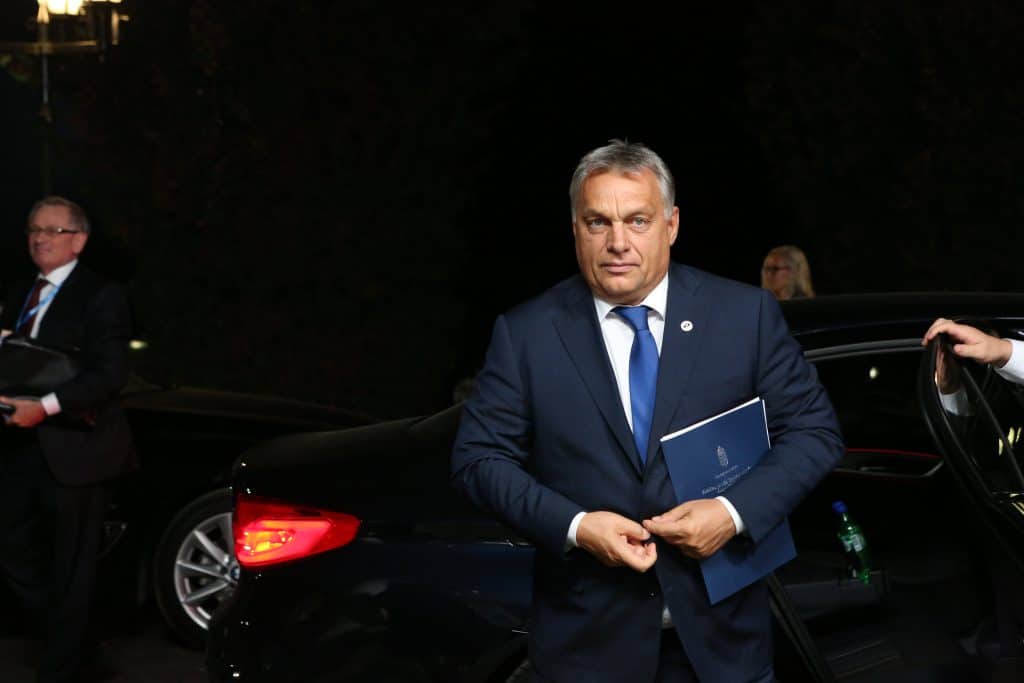
Pro-European, democratic parties in Eastern Europe are suffering a setback after autocratic incumbents in both Hungary and Serbia won major electoral victories. Parliamentary elections were held in both countries on Sunday 3 April. In addition, presidential and local elections also took place in Serbia. The elections were characterised by an uneven playing field between the rulers Orbán (Hungary) and Vučić (Serbia), and the opposition. In both countries, the opposition was united but failed to achieve any successes.
Macedonian ruling coalition favourite to win presidential election amidst ellegularities

On 13 April Macedonia will go to the polls to elect a new president. The top two contenders will compete against each other in a second round on 27 April. Four candidates are in the race to become Macedonia's largely symbolic Head of State. On 27 April, Macedonian's will also vote for parliament in the early general elections. The general elections are considered more important as they will determine who will become the most powerful person in the country, the Prime Minister.
Trump's 'breakthrough' between Serbia and Kosovo
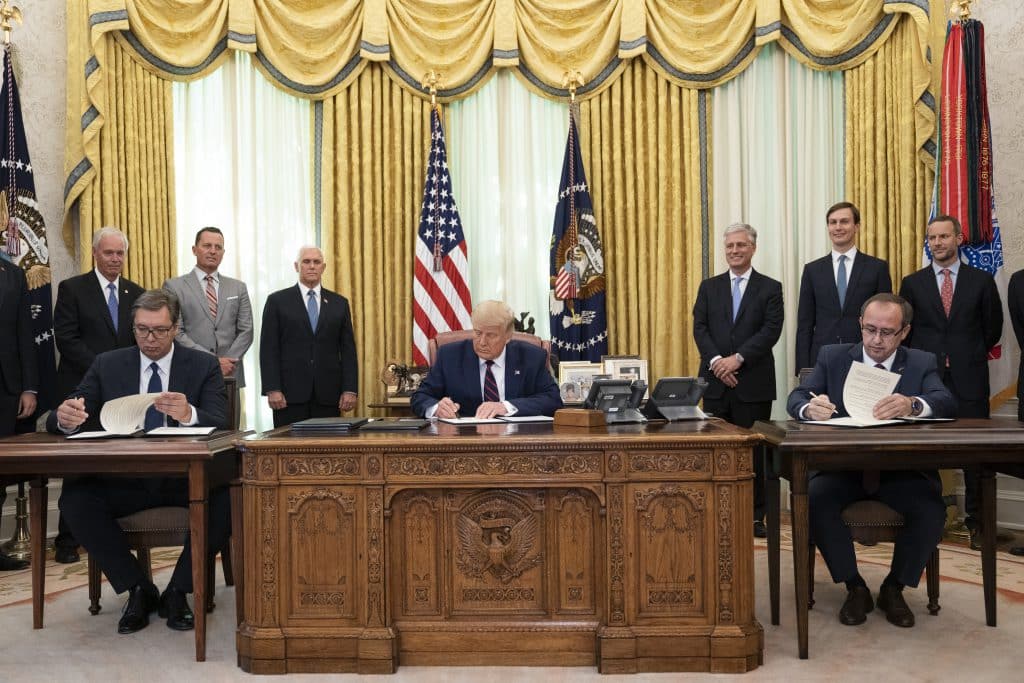
Last Friday, US President Trump announced a breakthrough between Kosovo and Serbia, with an agreement that strengthens ties between the two countries. Since Kosovo's declaration of independence in 2008, the neighbouring countries have had a tense relationship. Serbia refuses to recognise that Kosovo is an independent country, and still sees it as a province of Serbia. For years, attempts have been made - unsuccessfully - to bring the countries closer together. Whether this agreement is really a breakthrough remains to be seen, as its content is not very concrete.
Djukanovic defeated after thrilling election battle
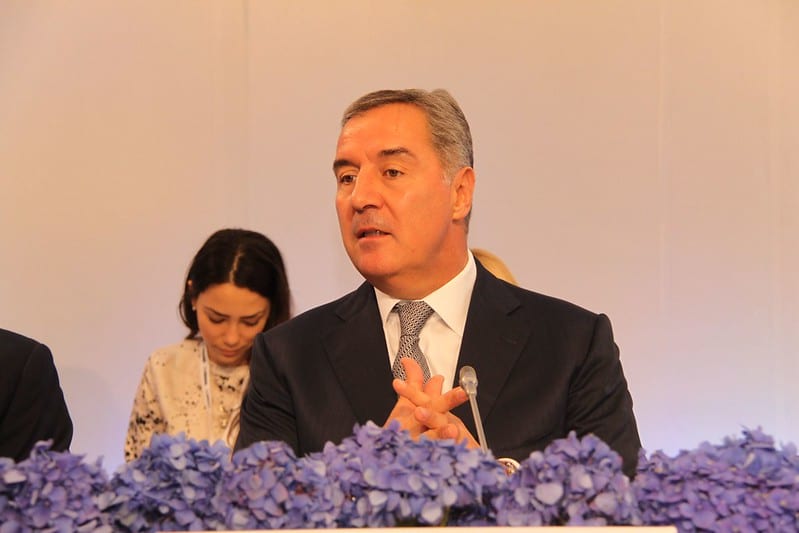
In Montenegro, voters went to the polls last Sunday. It was an exciting election day, as the opposition coalition 'For the Future of Montenegro' was neck-and-neck with the Democratic Party of Socialists (DPS), which has been in power for 30 years. For voters, it was a choice between this pro-European party in power and the pro-Serbian and Russian opposition coalition. 75.9% of registered voters cast their vote, the highest turnout Montenegro has ever had since the introduction of the current electoral system. There was confusion after the first exit polls, as the DPS and the opposition coalition said: that they had gained enough seats in parliament to form the next government. In the end, the opposition coalition along with other opposition parties turned out to have enough seats to form a new majority.
Vucic party wins elections Serbia
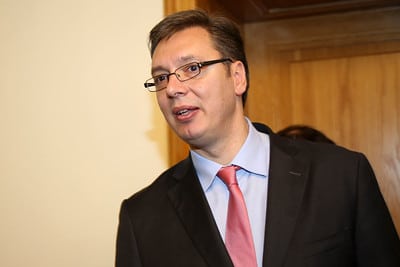
Vucic, who was prime minister before becoming president in 2017, is drawing more and more power to himself in Serbia. In the controversial parliamentary elections, which took place on Sunday 21 July, his right-wing populist party, the Serbian Progressive Party (SPS) triumphed in dubious fashion.
'Country of the Week' - Serbia

What exactly does FMS do? Where are you active? Who are your partners? Every week we will answer all these questions and more in our new initiative: 'Country of the Week'. Each time, we will highlight one of the countries in which we operate and highlight what we do there through videos, fun facts and stories from our projects! This week: Serbia!
Quarantined democracy: the western Balkans
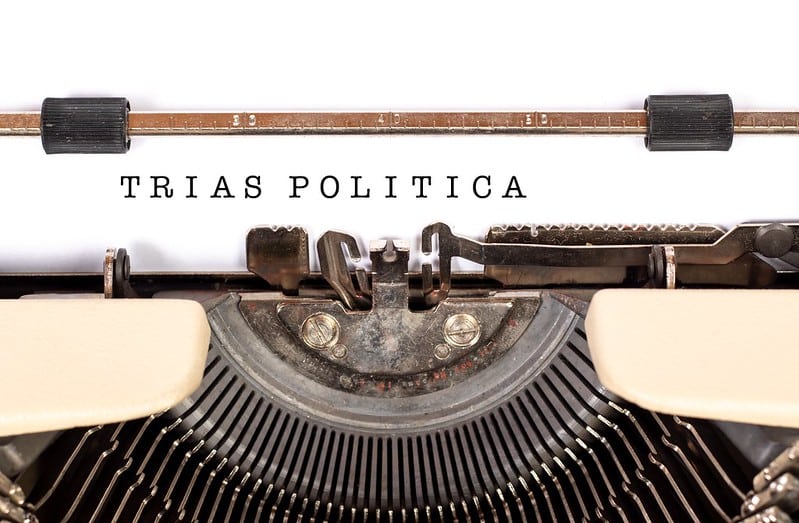
It seems that EU and its neighbours should not quarantine democracy for too long, as the Hungarian parliament passed the coronavirus law on 30 March. A controversial law designed to deal with the corona crisis. This law has no end date for the state of emergency. Prime Minister Orban received a blank check as a result. Based on this law, Orban gains a lot of power. Áll existing laws in Hungary can currently be temporarily set aside or ignored at his discretion. In addition, the Orban government can decide how long the state of emergency should remain in force. As a result, elections and referendums are not possible while the state of emergency continues. The 'Orban law' also poses a risk to journalists as they are accused of spreading 'fake news'. This puts freedom of expression at risk. Serbia and Montenegro also seem to be exploiting the corona crisis to curb media freedom. This poses a major problem for democratic rule of law and freedoms.
Blow to entire Balkan region: Albania and northern Macedonia rejected by EU
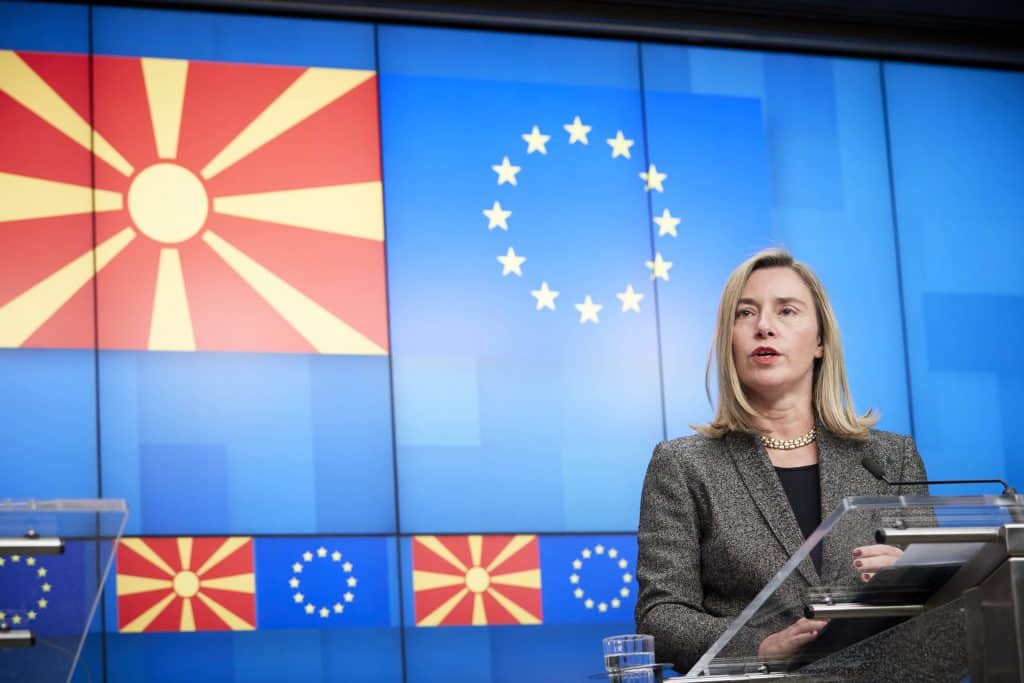
On 18 Oct, the European Council decided after a lengthy debate that it would postpone accession negotiations with Albania and northern Macedonia. Opposition to the opening of negotiations was led by France, which believes that the EU admission process needed to be adjusted before negotiations with prospective member states could be opened. The debate continued on the progress both countries had made on rule of law, human rights and democratisation.
Political newcomers: wave of change in Eastern Europe?

For years, we have been talking about the rise of nationalism, conservatism and nativism in Europe. Could it be that a countermovement is now emerging there? A number of new leaders in Central and Eastern Europe may be showing a new trend. Want to know more? Read all about it in the piece by our Eastern Europe expert Marina Ohanjanyan!
North Macedonia catching the EU train
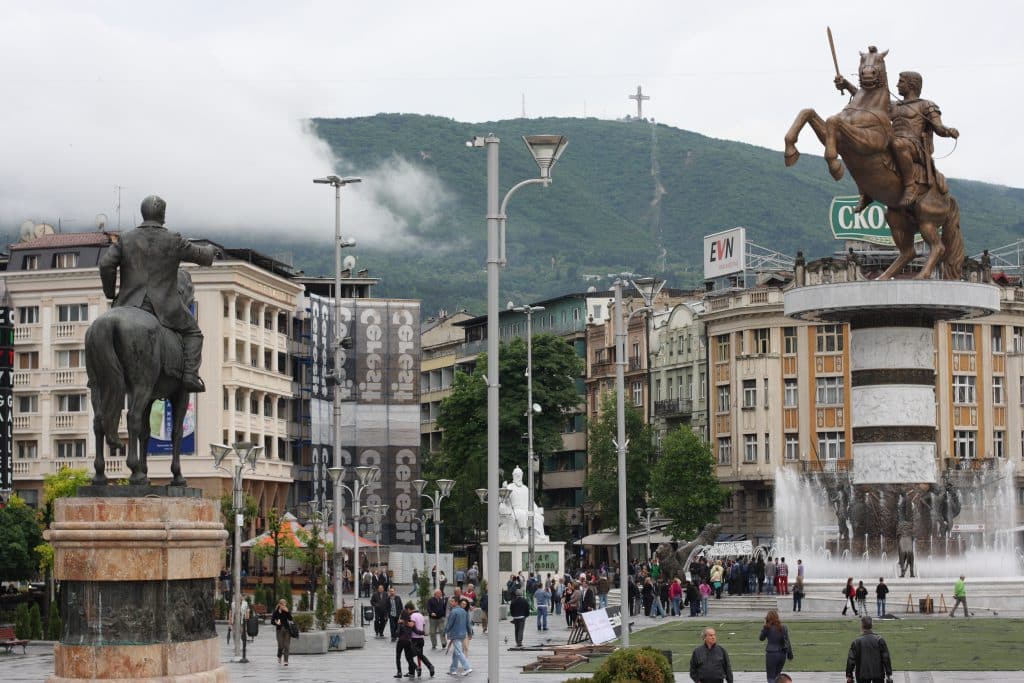
On the 6th of March Foundation Max van der Stoel joined a roundtable discussion at the FES EU Office in Brussels: North Macedonia and Greece after the Prespa Agreement. This Agreement settled the name dispute between Greece and (now) North Macedonia and paved the way for Euro-Atlantic integration. The discussion covered both the lessons that could be learned from this process as well as expectations for the relations between North Macedonia and Greece after signing the Agreement.

